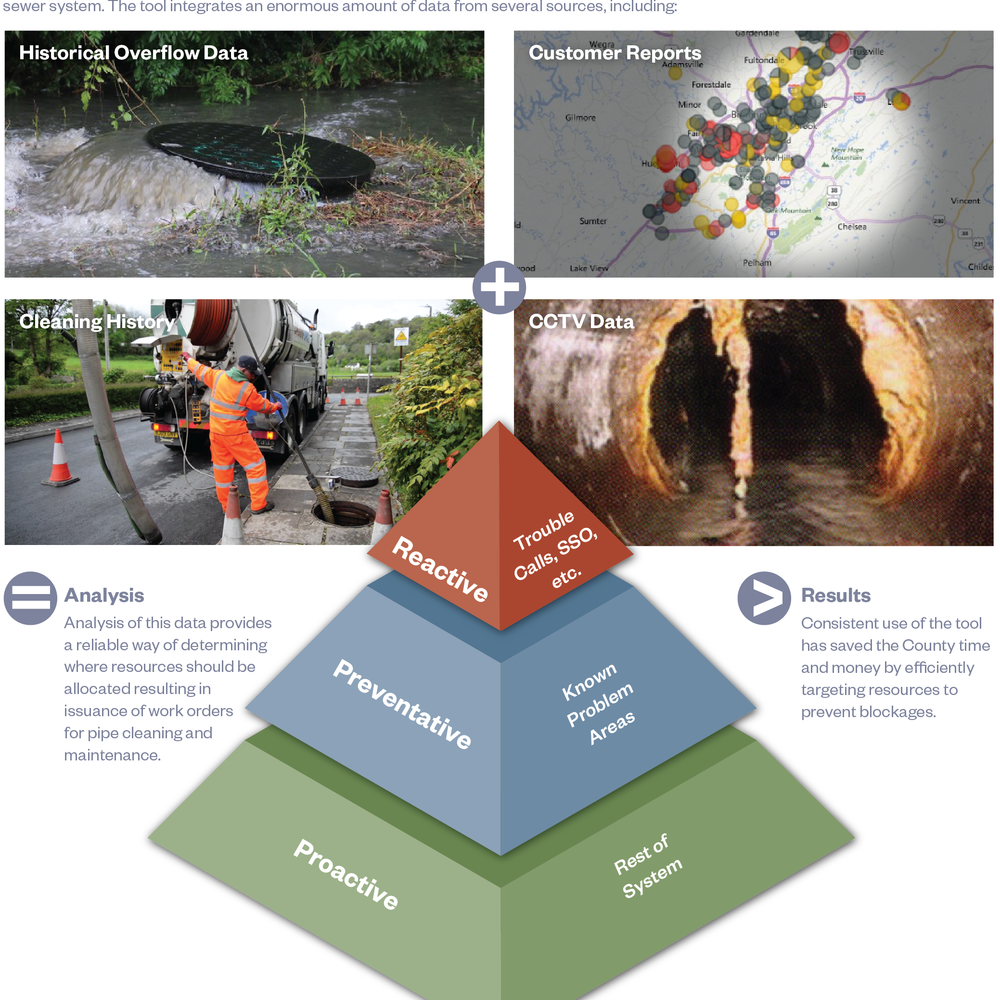Revitalizing Desert Infrastructure with MBR Technology
Hazen secured state and federal grants to turn Seeley County Water District’s lagoon system into an efficient treatment facility that will meet stringent effluent standards and set the agency up for future water reuse, without costly new infrastructure.
At a Glance:
- Hazen created an environmental strategy that helped acquire state and federal grant funds to update the Seeley County Water District Wastewater Treatment Plant.
- Hazen used MBR technology to bring the 250,000 GPD plant into compliance with California’s water standards while maintaining plant operation.
- The Hazen-designed MBR made use of existing facilities, fit within existing infrastructure, and fell within the grant budget.
For more information, please contact Rich Franks.
Related Topics:
(Above) Seeley County, CA and the Salton Sea.
Hazen's design will ensure maintenance of plant operation during installation of and transition to the new MBR system. Additionally, it will allow for future modular expansion and, most importantly, easy transition to water reuse for local parks.
Background
Seeley County Water District (SCWD) was out of compliance with the California State Regional Water Quality Control Board’s standards and was tasked with constructing a 250,000GPD wastewater treatment plant to meet effluent discharge requirements. The existing plant's lagoon system no longer met SCWD's needs, and the State required further reduction of pollutants in the effluent.
Improving the small system for a severely disadvantaged community required cost-effective solutions that would fully leverage existing assets. The design applied the latest technology to make it possible for the discharge to improve the river and positioned the agency for future water reuse.
Related: Applying our MBR expertise, Hazen expanded a facility's membrane capacity by 50% with no increase to its footprint.
Hazen’s Solution
The first step was to help SCWD develop the environmental documentation to allow their facility to meet the requirements of the California Environmental Quality Act (CEQA). This allowed SCWD to apply for and secure state and federal funding for design and construction.
Hazen evaluated several treatment processes, including those used by other agencies in the area, that could achieve the BOD/TSS and Nitrogen limits imposed by the State. A design that incorporates a membrane bioreactor (MBR) with UV disinfection proved to be the best approach.

(Above) The new MBR design flow, with original for comparison.
Not only did the MBR system meet standards, it fell within the budget raised and fit easily within the existing facility, minimizing the need for any costly new construction.
Using Hazen’s LEAF (Leverage Existing Assets First) system, we maximized the use of the existing lagoon system to separate out the biosolids, leaving the MBR to do as much treatment work as possible. We also used the available UV disinfection system for the post-MBR water, saving even more space and budget. In addition, Hazen's technical solutions included upgrading the septage receiving station using an existing pond for equalization of septage to minimize the impact to treatment.






















